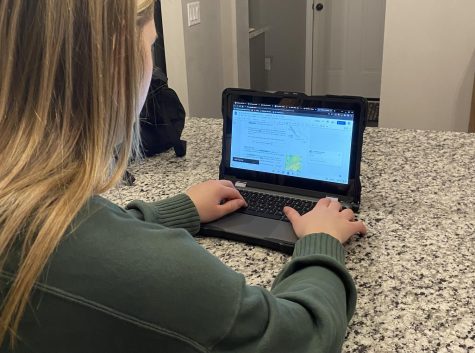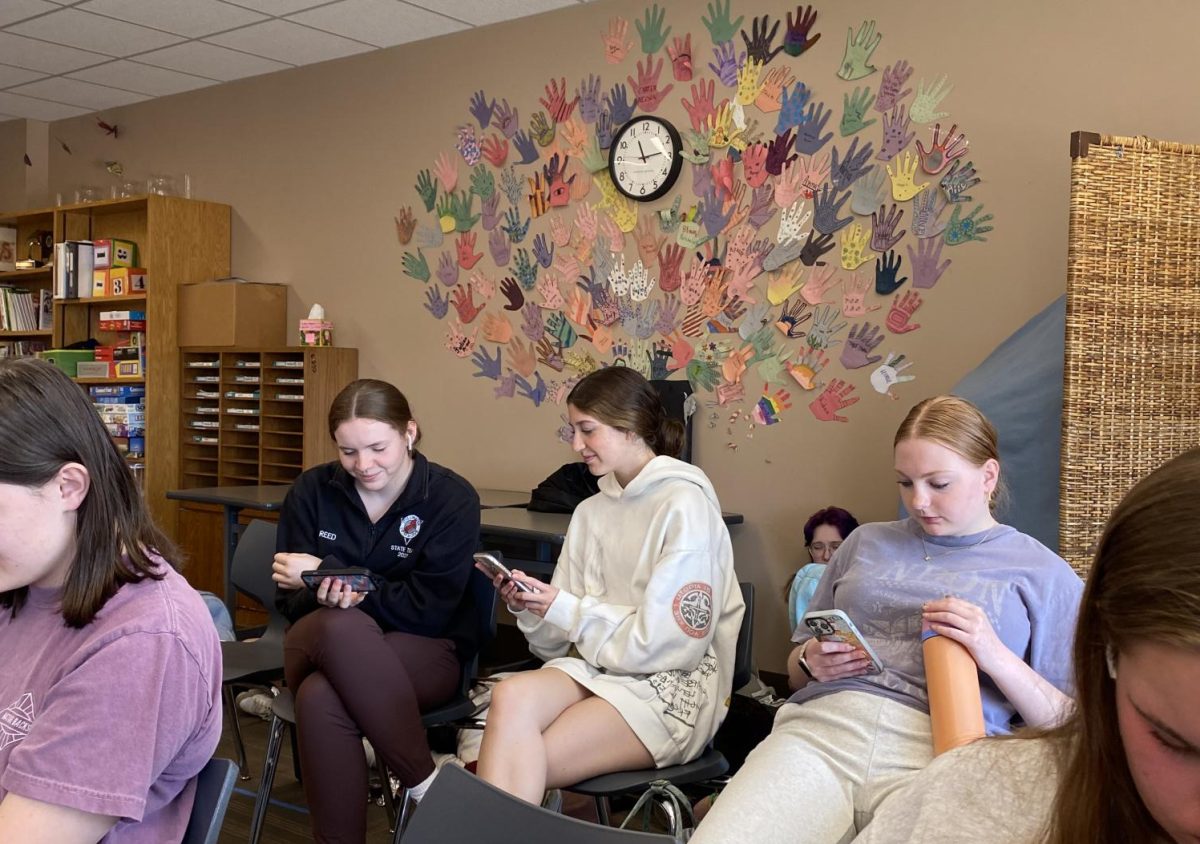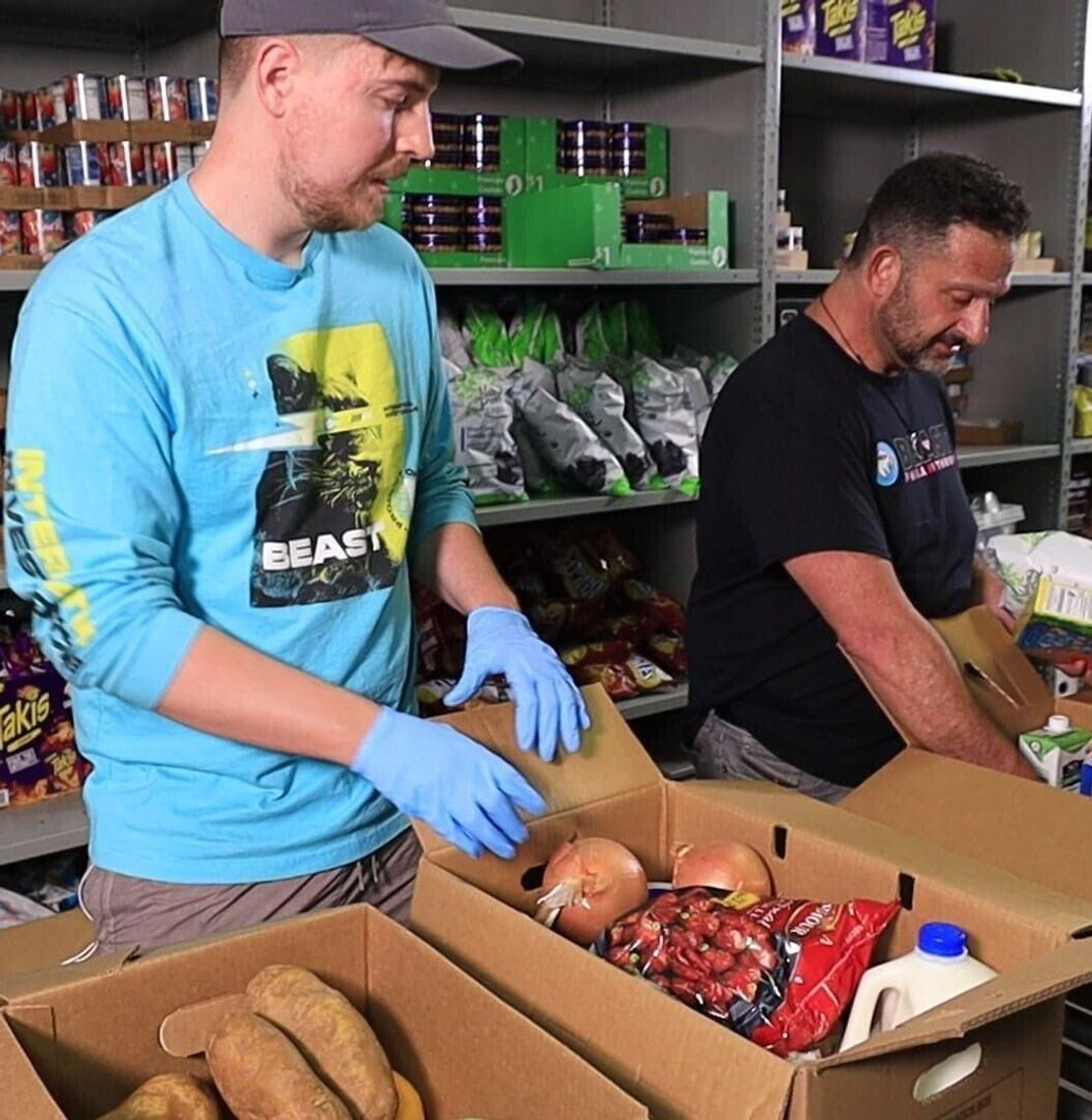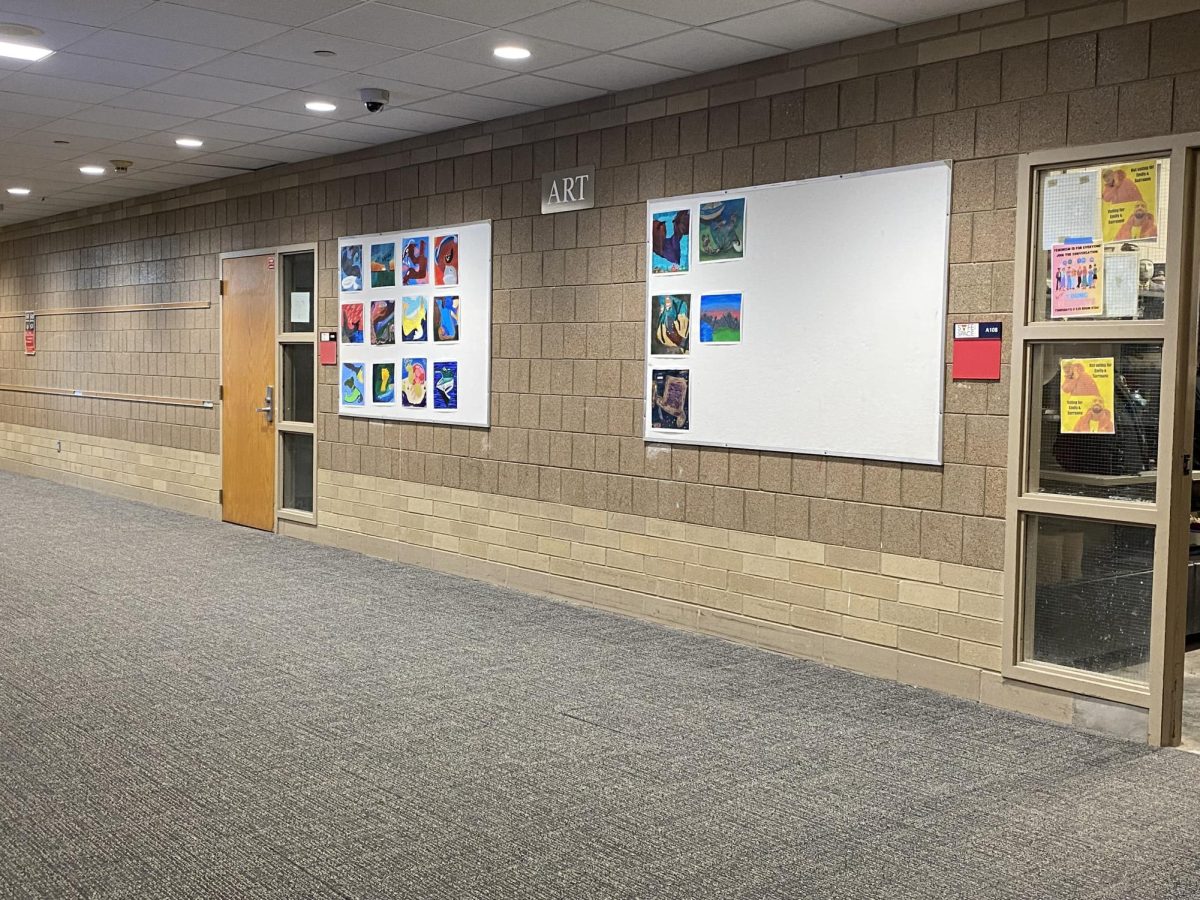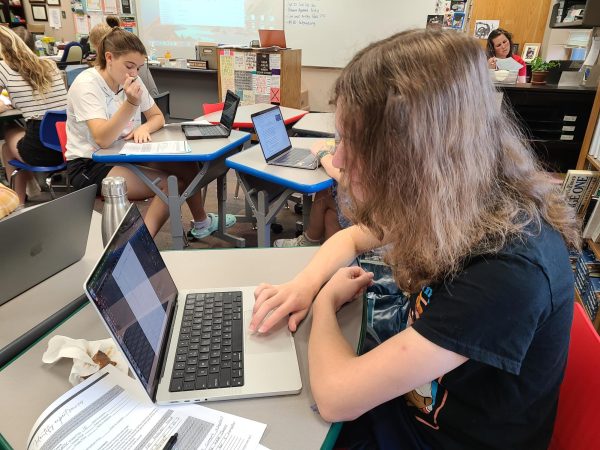Imagine a world where an ID is needed to access the internet. KOSA, or the Kids Online Safety Act, was first introduced as a bipartisan bill to the United States Senate in Febuary 2022 to protect minors on the internet. In March 2023, it was reintroduced to the Senate, and it has since gathered enough support to pass. While it has changed for the better since its initial introduction to the Senate, KOSA is still a step in the wrong direction due to the potential it creates for government censorship.
KOSA’s stated goal is to set requirements to protect minors from online harms. The bill requires online platforms to protect minors from harm, however, what constitutes harm is left vague and open to interpretation. The bill would allow for the broad censorship of the internet, plain and simple.
At its core, KOSA is still an internet censorship bill that will harm the very communities it claims to protect.” — Jenna Leventoff
The only entities exempt from the bill’s proposed regulations would be internet service providers, email services and educational institutions. All other applications or services that are likely to be used by minors would be required to follow the bill’s regulations.
Yes, the goal of protecting kids from online harm is a commendable initiative, but there has to be a way to do this without degrading the privacy of adults. Depending on how the bill’s regulations are implemented, an ID may be needed to access parts of the internet–this is a slippery slope towards mass surveillance.
“At its core, KOSA is still an internet censorship bill that will harm the very communities it claims to protect,” said Jenna Leventoff, in a statement from the ACLU opposing the bill.
The vague wording of the bill makes it easy for it to be used as a tool of censorship. For example, nothing is stopping the government from labeling content relevant to marginalized communities as “harm.“ One of the co-authors of the bill, Sen. Marsha Blackburn, has argued that some education about the civil rights movement overlaps with critical race theory, which she believes is harmful for children to learn. That information could be censored through the bill.
In addition to the ACLU, several civil groups such as Fight for the Future, The Electronic Frontier Foundation and The National Coalition Against Censorship oppose the bill. These groups have put together an online petition to stop what they call “bad internet bills.”
For high school students, this would be detrimental to their ability to communicate and access information. Simply put, no more social media for minors–at least in its current form. If it passes, what is and is not safe for minors would be determined by the Federal Trade Commission. While it would protect kids, the needs of teens would not be met–they would be censored. Sure, the average teen may be safer online if this passes, but it is not worth censoring the internet over, not to mention the potential violations of minors’ First Amendment rights in online spaces, where communication could be limited “for their safety.”
The bill requires companies and social media platforms to have a “duty of care“ for minors. This requirement makes it so that the “design features“ of platforms are regulated to protect minors. Because of the potentially broad interpretation of this requirement, platforms may censor anything minors spend time with to protect themselves from legal liability.
This bill would be debilitating for young people, who would lose access to services and information that they consider crucial. While this bill seeks to protect kids, it would instead silence their voices.
Imagine someone of high school age trying to discover their gender identity or sexuality–that information could be censored. Imagine a high school student trying to educate themselves on systematic racism, aka “critical race theory”–that could be censored. A student trying to access resources on abortion or teen pregnancy–censored. All it takes is for those in power to view something as “harmful.”
The above scenario does not even consider how sites would verify the age of users. In the worst case, this could mean official identification is needed to sign up for sites or even access them in the first place. That would degrade the privacy of everyone who uses the internet–it is dystopian.
So yes, it is good to want to protect minors from the real harm that the internet can pose to them, but this is not the answer. KOSA needs some serious revisions before it should even be considered. Chiefly among those would be a clear, specific declaration of what is harmful and what is not. Until that is done, KOSA cannot be allowed to pass.



